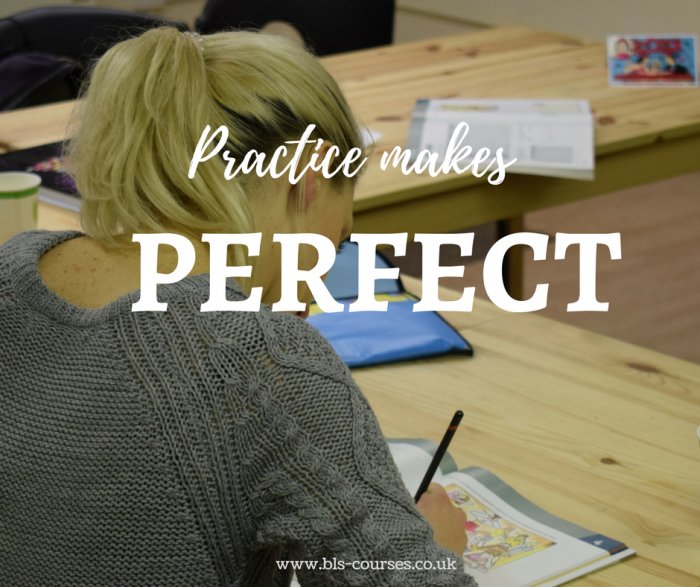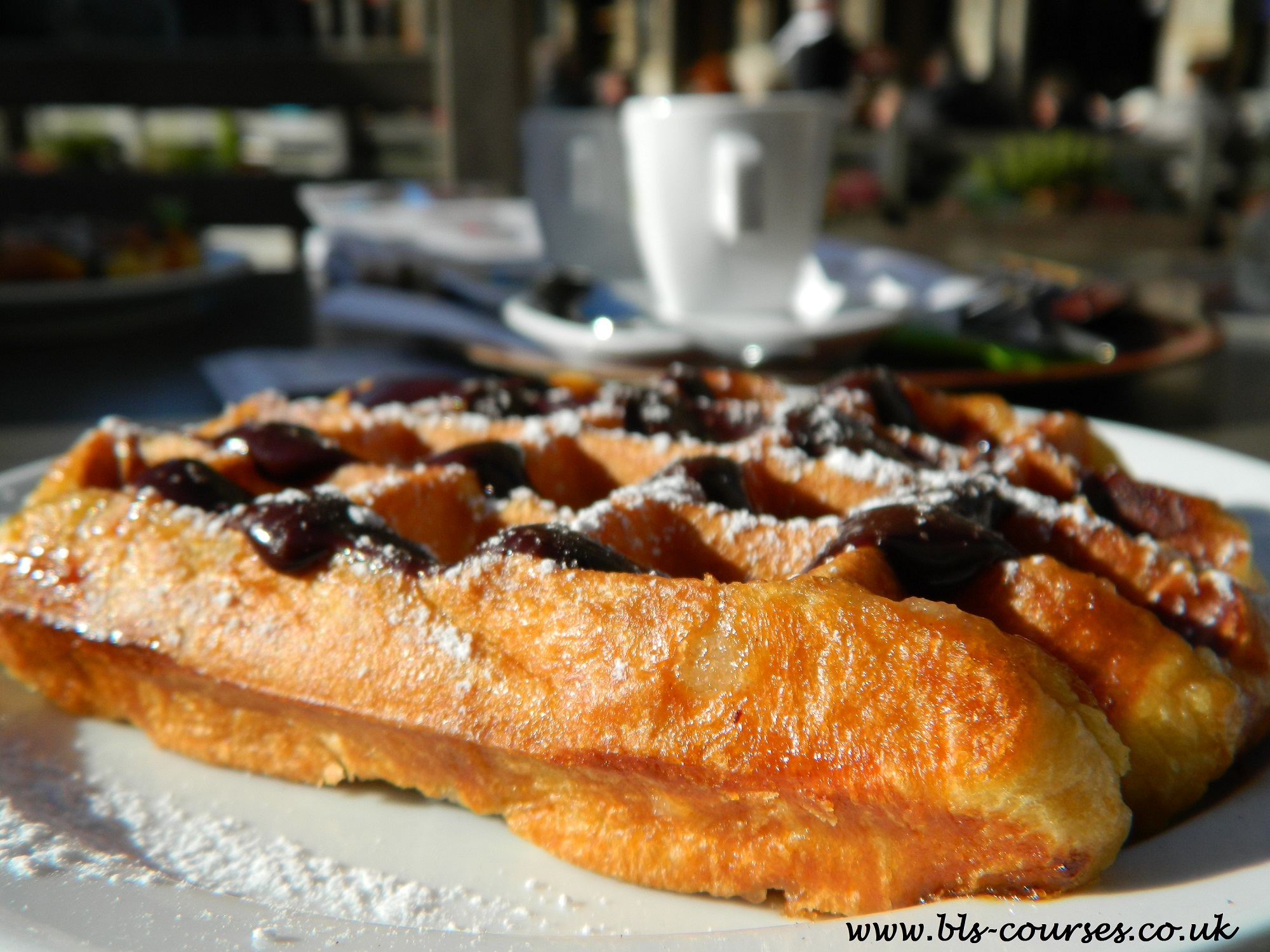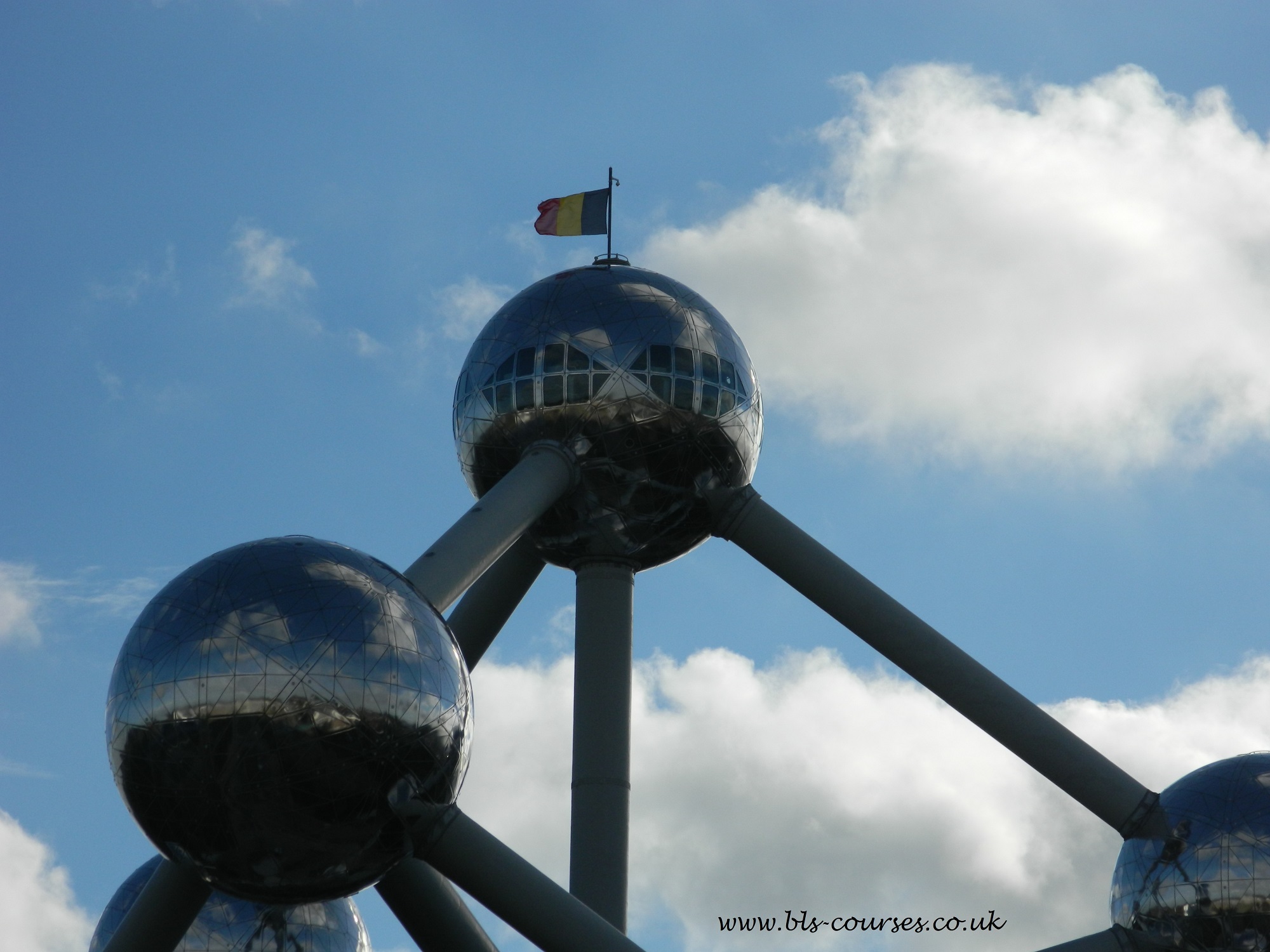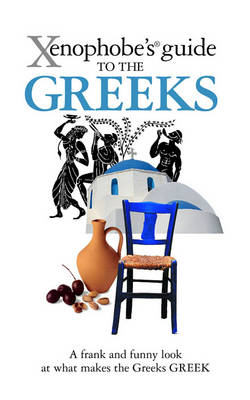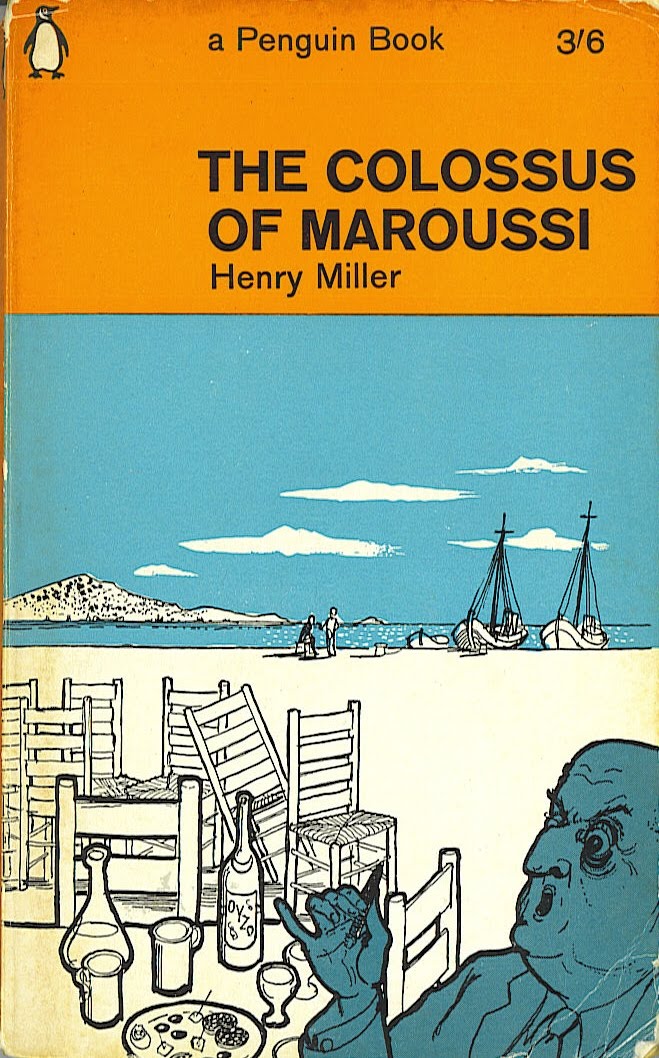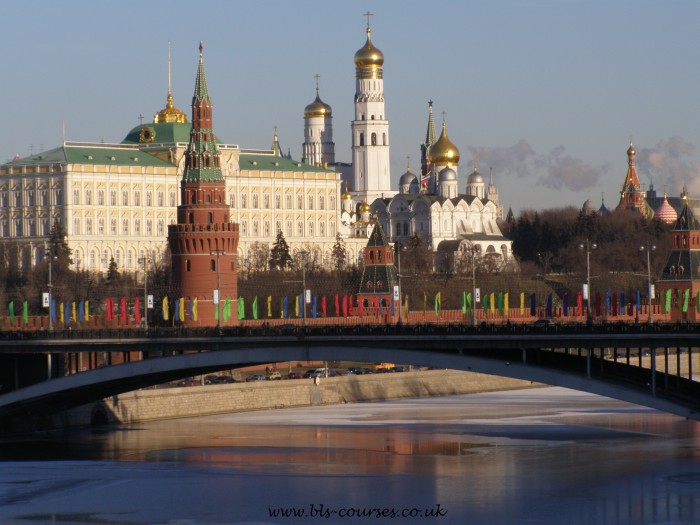What happens to a skill that you don’t use in a while? You will be familiar with the phrases, “I’m out of practice” or “I’m a bit rusty…”. It is a well-known fact that if you don’t keep up a skill you can forget it or it won’t come as naturally as it once did. Well, it’s the same with languages. Any linguist will tell you that it is very important to keep practising your languages, because you can lose fluency very quickly if you don’t. As they say, ‘use it or lose it’!
So how can you keep up your new language(s), especially if you don’t live in a country where it is/they are spoken? To keep your skills alive, you should try to use them as often as you can, even every day if possible. So how do you do that? Here are a few tips on how to use your new language every day – for the fun of it too, not just to make sure your skills stay intact.
Read
You could try to read the news in your chosen language when you start your day or when you have a break, or read a novel in that language before going to bed. Reading helps keep your vocabulary and grammar intact, and reading aloud helps you keep practising your pronunciation and helps your mouth stay used to making the sounds. Try and read a variety of different styles so you remember what their registers are like.
Speak
If you want to keep up your speaking, you could join a MeetUp group or a conversation club, or you could look for a language partner online. Otherwise, you can put up an advert asking for language exchange partners in your community centre or on one of the many Facebook groups for different language communities living in your city (in Bristol there are ‘Italiani a Bristol’, ‘Españoles en Bristol’, ‘Nederlanders in Bristol’, ‘Français à Bristol’, and the list goes on…).
This may sound strange, but another way to keep up your speaking skills is to talk to yourself. Of course this is not always easy but if you are in the car or in the kitchen, or somewhere else where it’s just you, you can go over what you have to do that day or describe what you can see out of the window (or other things!) out loud to yourself in your chosen language. You can easily fit this into your daily routine so you don’t need to make extra time to practise. See our previous post on studying every day for more tips on how to do this.
Listen
You can listen to your chosen language on the radio when you have things to do around the house. It is a good way to keep your mind occupied when you are doing things that don’t require language, like hanging the washing out or doing the ironing. You can also sit down and listen to radio documentaries or the news that require more attention. You can listen to music as well, which you can also do on your mp3 player whilst out for a jog, or in your car.
Watch
When you relax in the evening you can watch a film in your new language, or if you have a subscription, watch TV in that language. There are lots of news bulletins, documentaries and interviews to watch online as well. This is a good way to maintain your listening skills and keep up to date with the latest events in the country (countries) where the language you are learning is spoken.
Contact your friends
Do you have friends who speak your new language? These days it is very easy to stay in touch with them, by text message, on Facebook or on Skype. Just drop your friends a message or ring them on Skype to have a quick chat. If you prefer writing longer texts, you can always write them a letter, which will help you keep up your writing skills. You can ask your friends to correct you if you like. And of course, it’s important to stay in touch with your friends, whichever language they speak!
Written by Suzannah Young
